
ABANTU for Development, a women's rights organization in Ghana, has called for a rapid response to end the social phenomenon of human trafficking--the buying and selling of a person for the purpose of exploiting the individual in various forms.
Madam Hamida Harrison, a women's rights activist, who made the call during an engagement with the media in Accra, yesterday, reminded government that the United Nations (UN) Sustainable Development Goals (SDGs) had mandated the 193 member states of the UN to specifically promote practical measures to eradicate forced labour, human trafficking and child labour.
Madam Harrison attributed the phenomenon, whose victims were mainly girls, young women and disadvantaged social groups, to unemployment, social exclusion, discrimination, poverty and violence which, she said, influenced victims to succumb to human trafficking which adversely affects millions of people, young and old, across the globe, fetching the perpetrators billions of dollars in profits.
She said the lack of adequate social provisioning and protection had compelled many girls and women to fall prey to the inhumane practice of trafficking in persons.
ABANTU, she said, was, therefore, partnering with the media towards playing a bigger role in collaborating with government and civil society in supporting measures for victims and possible candidates for trafficking.
The engagement with the media, which formed part of ABANTU's programme on Human Trafficking, was organized with support from Urgent Africa Fund-Africa.
The meeting provided the platform to sensitize and enhance the knowledge of the media on the causes and effects of trafficking of women and girls.
The meeting was also intended to identify the important role that the media in Ghana could play in collaborating with other stakeholders to advance strategies and processes to address the criminal social phenomenon.
In a presentation on the topic Trafficking in persons as a violation of Human Rights in Ghana, Mr Adolf Awuku Bekoe, Convenor, Coalition on Domestic Violence Legislation, noted that Ghana had signed onto relevant UN Conventions and protocols on Anti-Trafficking and had translated them into national policies and laws such as the Human Trafficking Act, 2005 (Act 694).
The Ministry of Gender, Children and Social Protection, Mr Bekoe said, had also established a Human Trafficking Secretariat in the Ministry to implement national policies and actions on counter-Trafficking in persons.
He said in spite of these important steps by government, trafficking in persons, especially girls and other vulnerable groups were on the ascendancy.
He disclosed that in a June 2017 Report by the United States of America titled:"Enhancing Criminal Accountability and Addressing Challenges in Prosecution efforts" which listed the profiles of 187 countries and territories, Ghana was classified as having not met the full standards to end human trafficking in 2016.
Mr Bekoe said Ghana was ranked a Tier 2 Watch List country which meant that Ghana was a source, transit and destination country for men, women and girls and children subjected to human trafficking.
He noted that even though legal regimes played important roles in curbing social evils, it was better the problems were tackled from the root causes.
In the case of human trafficking, Mr Bekoe said social intervention measures were required to ensure the means of livelihood of the people so as not to be lured or baited with money by agents of human trafficking.
He said the state should ensure that children enrolled in school and remained in school till they had acquired the necessary skills to work and earn a living because idle children were easily lured into accepting offers that ended them up in servitude and exploitation.
Human trafficking involves the buying and selling of a person for the purpose of exploiting the individual in various forms. The phenomenon adversely affects millions of people, young and old, fetching the perpetrators billions of dollars in profits.
Read Full Story
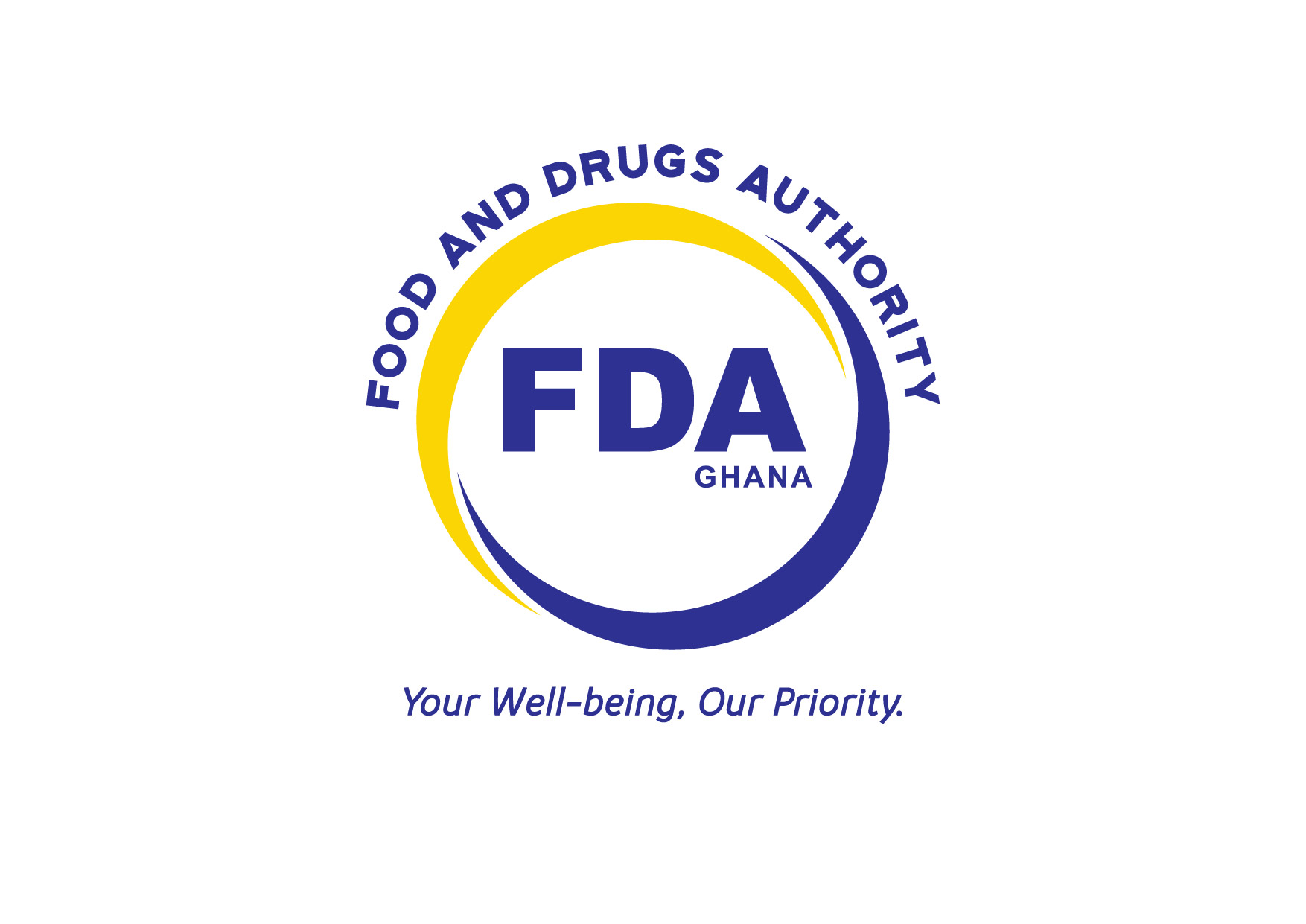
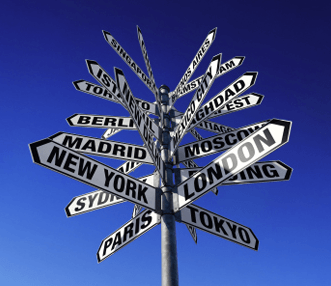

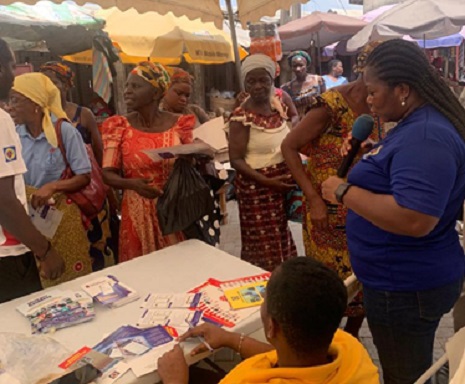



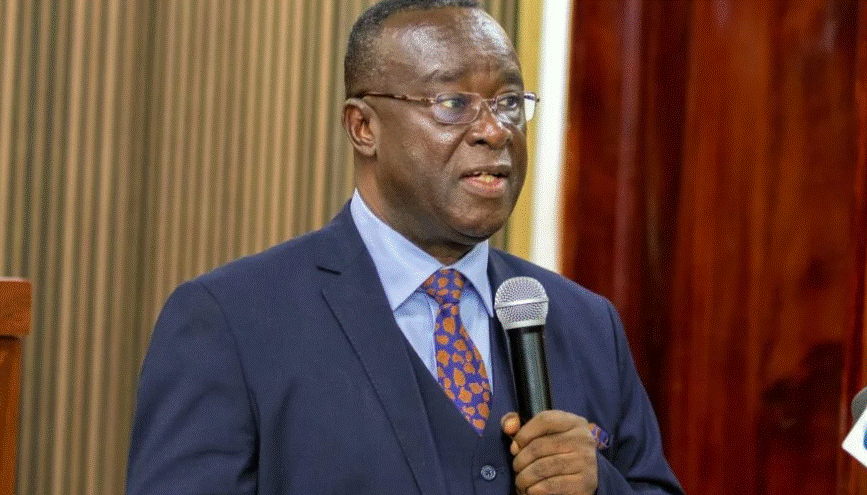

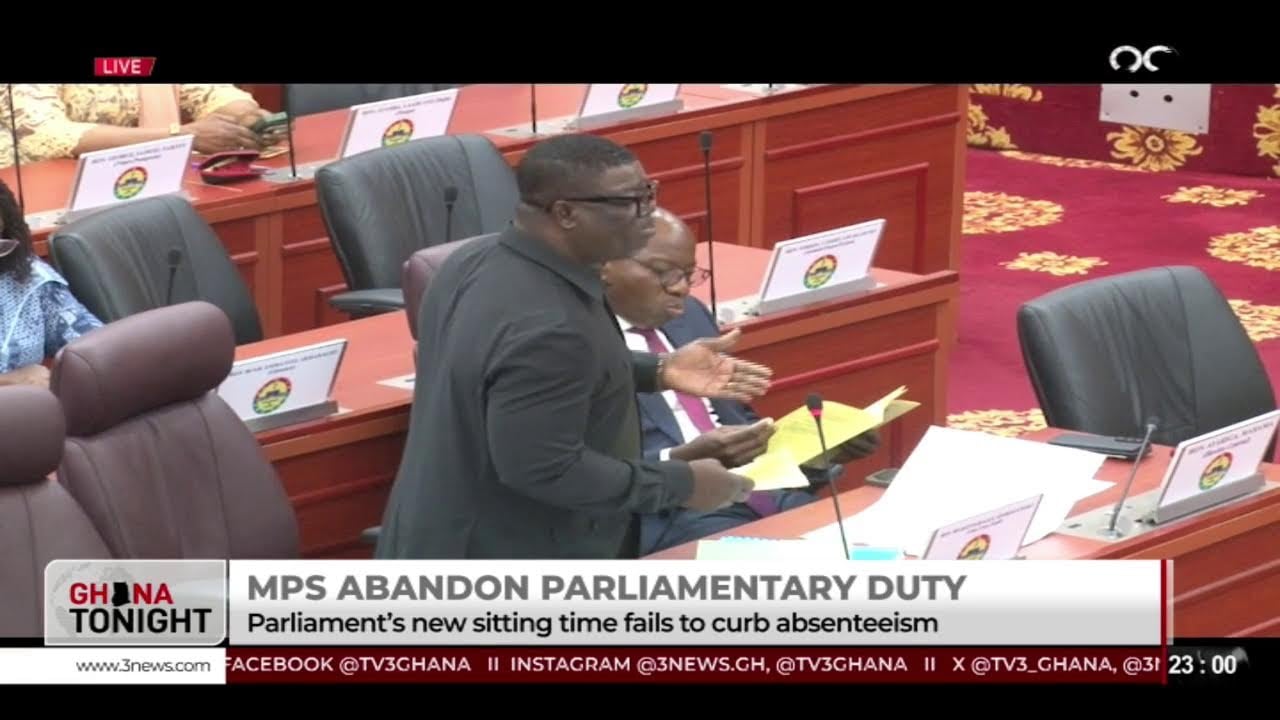

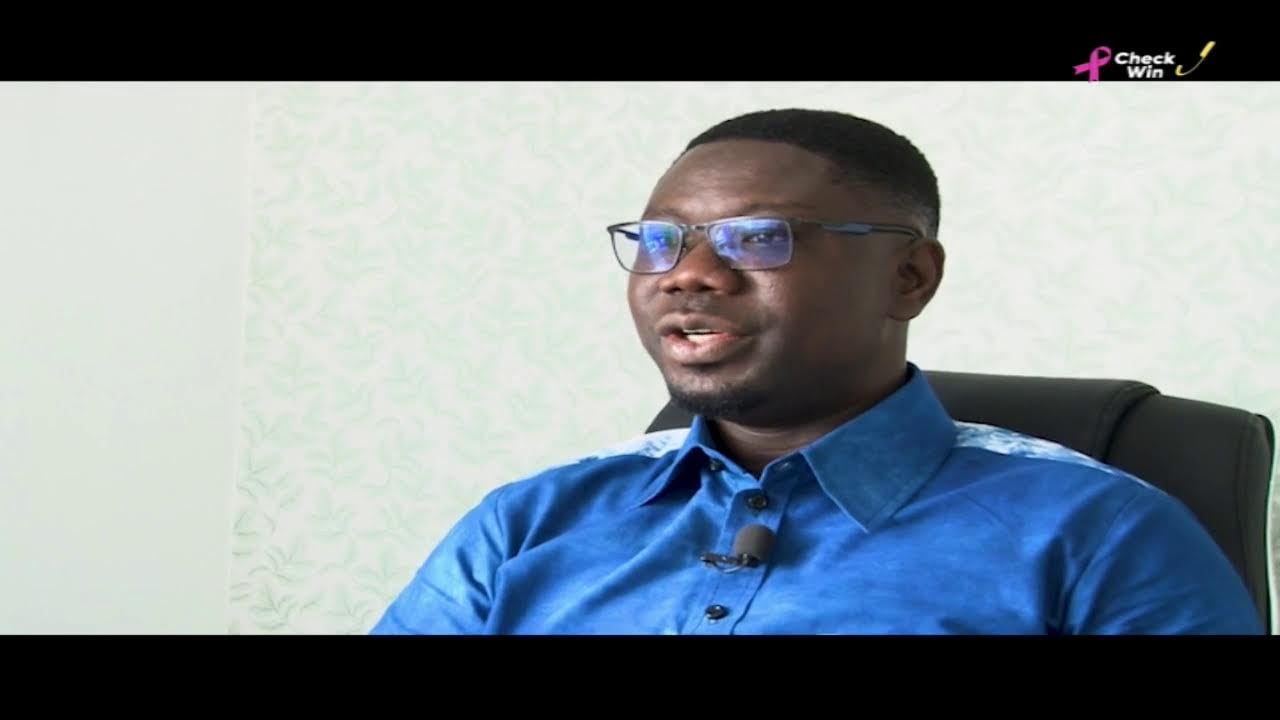




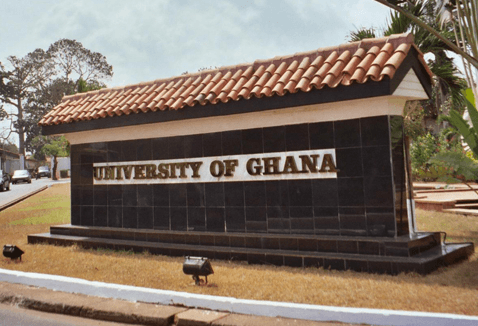








Facebook
Twitter
Pinterest
Instagram
Google+
YouTube
LinkedIn
RSS